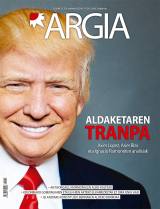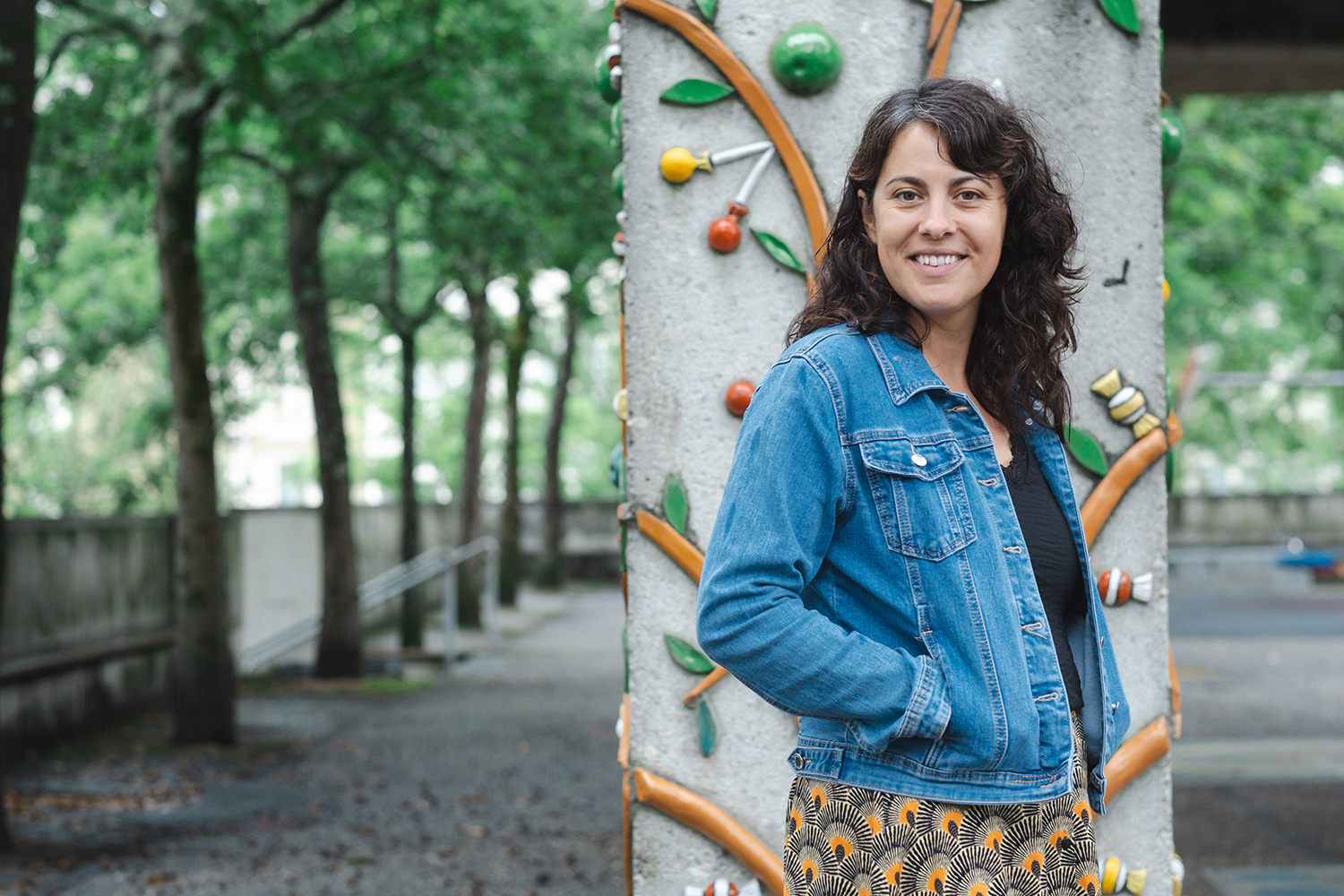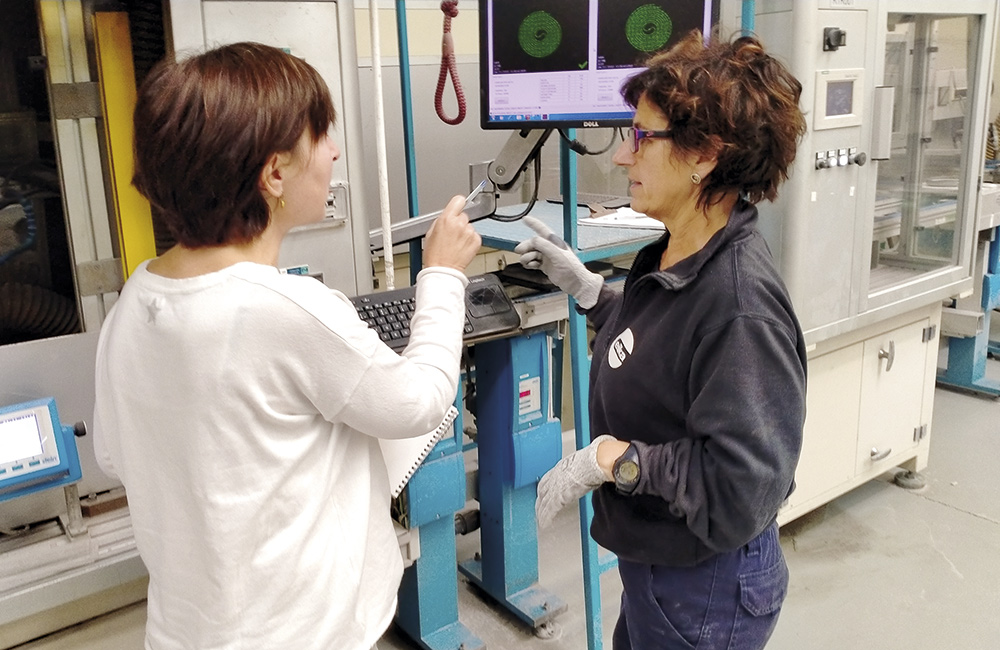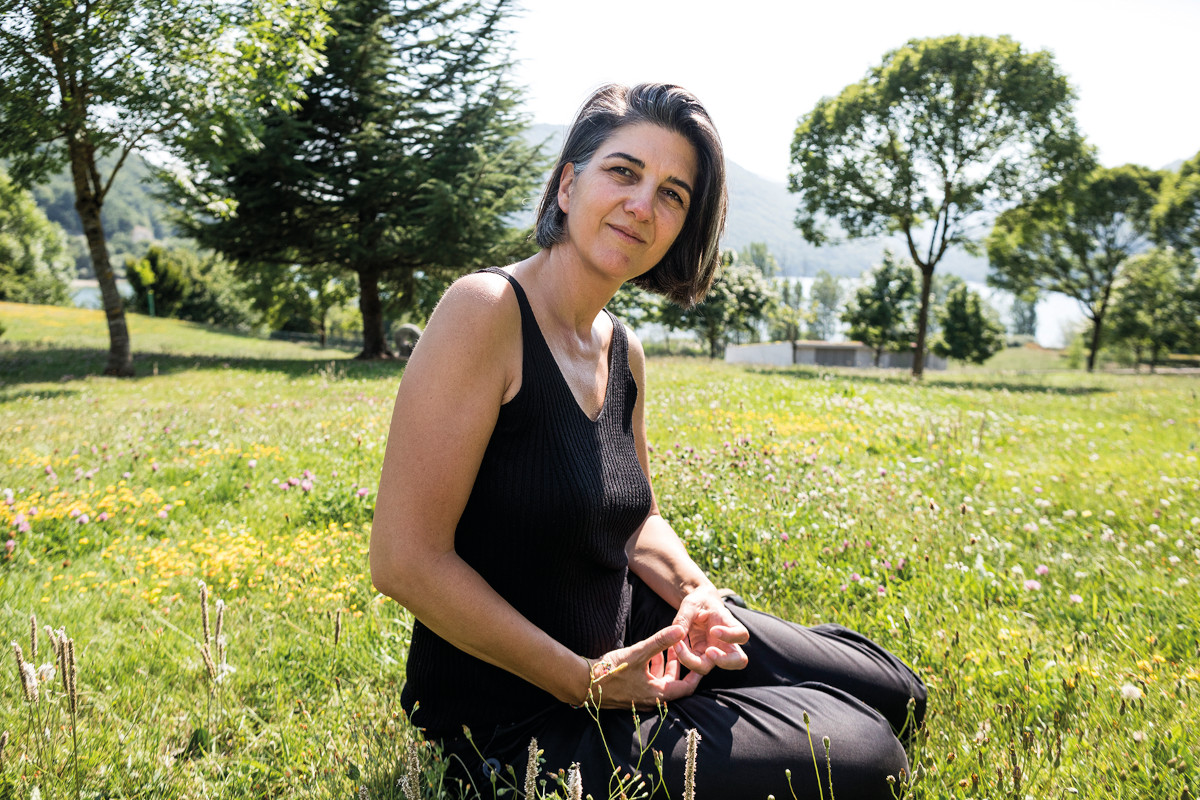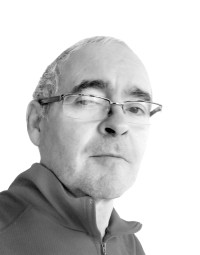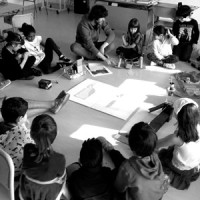"The text of the Icelandic Constitution is not revolutionary, the drafting process is not revolutionary"
- Following the 2008 crisis, multiple reactions took place in many parts of the world. In most cases, the importance of popular mobilizations, movements demanded profound changes. In Iceland, a constituent and legislative process took over and demanded institutions tailored to the population. Katrín Oddsdóttir is immersed in this process.
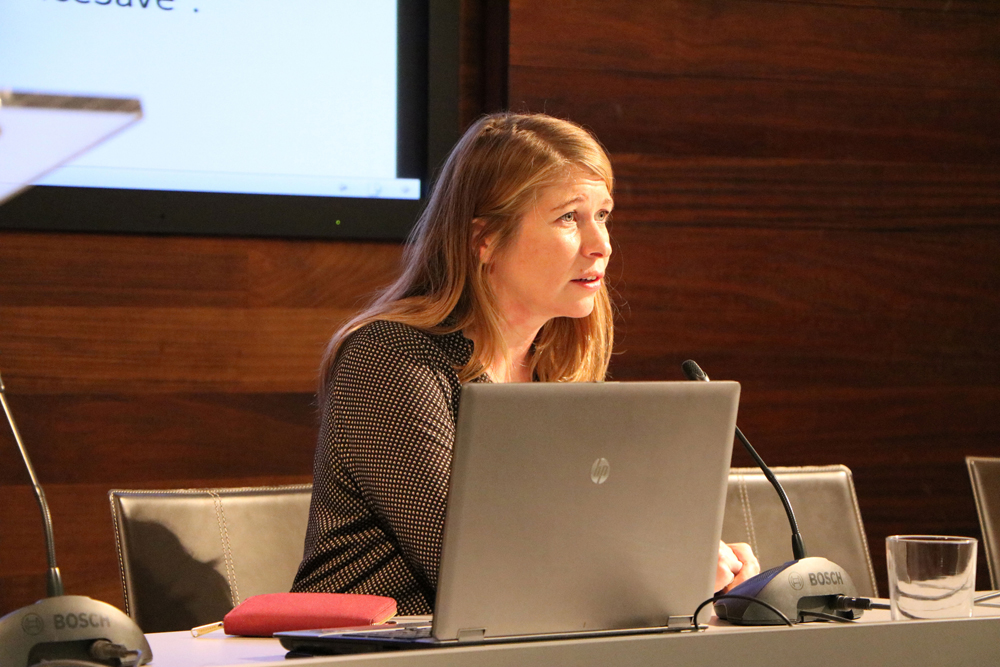
The 2008 crisis hit Iceland hard, which will become the most severely hit country. Were there any precedents that predict it?
Of course, all the components of the collapse were ahead. Iceland is a small country and yet it tried to mimic its banking system in Switzerland. He tried to behave like a high-level player in the financial system, so things collapsed at the arrival of 2008. Before very few people dared to say “this is going wrong” or “this is going to explode”. From Denmark specialists came to examine the system and said that “something is wrong here, the system is going to burst”, before which the Icelandic Minister of Education responded very arrogantly, “to what it translated and to learn better”.
After the crisis, people were organised by a new Constitution. Why?
There are two main reasons. The first is that since the birth of Icelandic democracy we have been making that claim for many years, our political culture has been rooted in that sense. Second: When all institutions have collapsed, do you have to look back and ask yourself “where society is”? Does it exist? And if you can't perceive it, you have to structure another society. It's like a social contract, you have to redefine the basis of everything.
Some have said that you are idealists, that you want to go too far.
And we want to go even further (laughter). This Constitution will not make Iceland a perfect country, but we want to start a renewed version of ourselves. We know that the new Constitution will not save the country. It is not revolutionary either, in any way, but it is our Constitution and for ordinary people it is an understandable text. We have a great crisis and this new path is a guarantee that mistakes will not be repeated again. On the other hand, the parameters of the current change are not in the maximum targets, we are now at the beginning of a new path and we need maximum accession.
How was the constituent process?
In 1944, we became independent of Denmark, and Iceland almost literally copied that country’s Constitution. We wanted to turn that dynamic upside down and make a new text, in a bottom-up sense, starting with citizenship. The Constitutional Commission was made up of 25 people and it was that committee that drafted the text. We are not politicians and we do not represent them.
How do you make a Constitution from the bottom up?
The process of setting up the committee to which I referred was long. First, a thousand people were selected across the country, half women, half men and from all geographic areas. They met one day and were asked to explain the values of the social model they represented. With the result of this meeting, we drew up a 400-page report. And after that, people elected the 25 members of the committee, including me, and in four months, we wrote a new constitution. In the participation of this process, the Internet gained great weight. All the debates were broadcast in streaming and people were channeling their opinions, proposals and votes through social networks. We think we need to give people power back.
You mentioned the influence of Facebook. How powerful is it?
Well, Facebook is a very capitalist tool, but it's also a very important communication tool for Iceland. Two-thirds of the population uses social media in Iceland. It gave us the opportunity to make groups based on many issues, and people participated. It is true that the origin of this network is systemic, but in this case it was essential for us to fuel the debate.
What was the revolutionary constitutional process?
As has been said, the text is not revolutionary, the process is. It is very important to distinguish it. The text is imperfect, but we try to accommodate all aspects of society. There are many feminists in the committee. The trans community came to us and we worked on the text to draft laws and rights on them. From the very beginning we have had that concern: how to make a balanced text from the point of view of race, gender and sex. Then, in the methodology of consensus everyone votes and they have not always won the most radical changes.
How was the role of culture and art in this process?
In the Constitutional Commission there were artists from the very beginning; actors, film directors… And thank you, I believe that without them nothing of quality can be done. Thinking of the concept of the Constitution, it is not a very cultural concept, that is, it is, above all, legislation of social organisation. In this sense, from the beginning we tried to make culture basic in the foundation of a new society. One of the basic principles for us is the defence of our culture. I do not believe that in the Constitution we have written there is explicit regulation to protect our culture, but in the philosophy of the document we have integrated it.
“Aurki hauteskundeak izango dira Islandian. Alderdi piratak bozken %15etik gora dauka, eta horrek adierazten du jendea nazkatuta dagoela ohiko alderdiekin eta sistemarekin orokorrean. Horregatik uste dugu une egokia dela konstituzio berriaren aldeko mugimendua berriz ere suspertzeko”.
Hezkuntzaren ardura konpartitua dela eta familiaz eta eskolaz harago herria bera eremu hezitzailea dela, herritarrak hezitzaile ere badirela ulertzen du Herri Hezitzaileen Sareak. Otxandiok (irudian) bat egin berri du sarearekin eta dagoeneko 36 herri direla jakinarazi dute.
Congratulations to the Durangarras who have had the opportunity to express their opinion on an inherited urban megaproject in urban matters. Not a few people have been encouraged to participate in the organised consultation, given the policy that some political parties are... [+]
On September 23, 2020 we participated in the Auzogune del Casco Viejo. The neighborhood is the space for participation proposed by the City of Vitoria-Gasteiz, where citizens, municipal technicians, associations and politicians exchange opinions. The first item on the agenda... [+]









